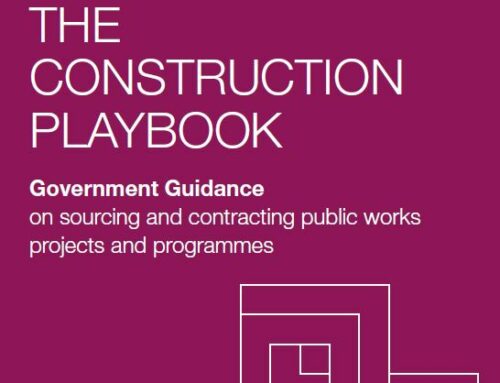In any construction project products and services account for around 80% of costs. So effective management of that element of procurement can have a significant impact on client satisfaction and contractor profitability – the desired outcome for both parties.
Traditionally in the construction industry the relationship between contractor and supplier is through products and services priced to the lowest bidder, often through separate contracts with the client.
A supplier who has been procured on lowest price against a fixed specification will always bid to do so as cheaply as possible. They are not really motivated to work in the client’s interest. In some cases even the designers and contractors have separate contracts with the client.
But longer term integrated relationships can reduce real costs while maintaining margins, incentivising efficiency in the processes as well as delivering much greater underlying value to the client. It’s a win win for client, contractors and suppliers.
Collaboration and strong relationships are key to success. Involving the designers in the supply chain is essential, along with open and transparent cost management. Many clients are now beginning to appreciate that they will achieve best value if supply chain margins are preserved. It means that the supply chain focuses on delivering value rather than working constantly to protect its margins.
Optimising process cost management and a rigorous approach to risk management will ultimately pay dividends for all.
Many of the current frameworks operating in the construction sector encourage and promote flexibility of choice to support supply chain integration.
It is an approach that is fundamental to leaving behind the race to the bottom driven by lowest cost procurement and will result in high quality infrastructure that is fit for purpose and built at best value to last.





